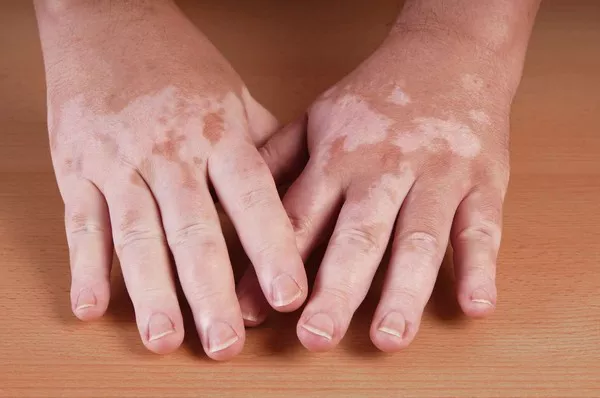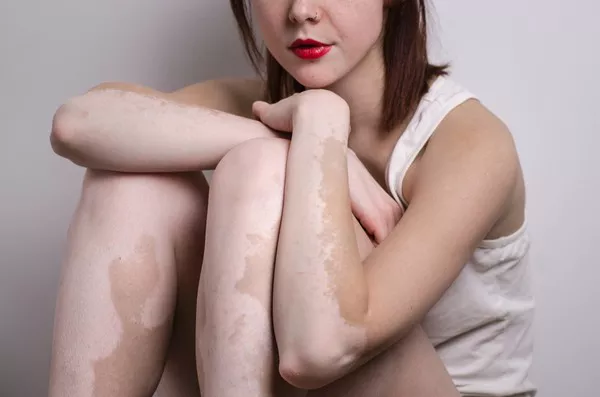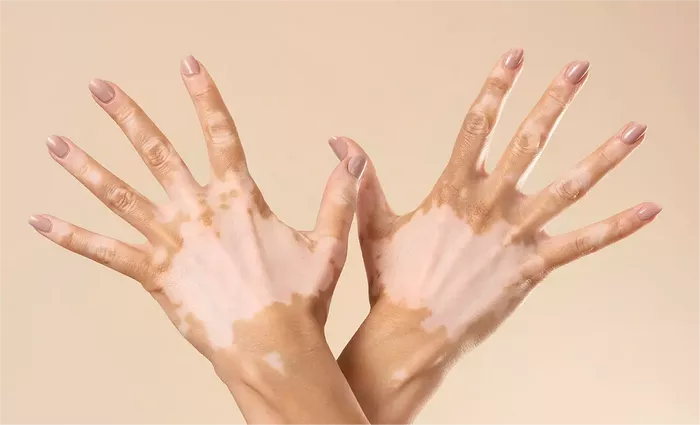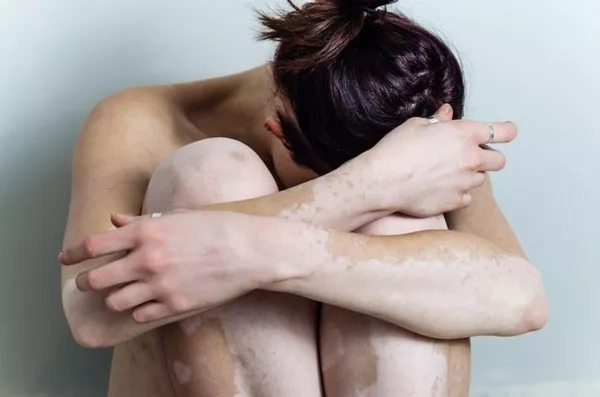Vitiligo is a chronic skin condition characterized by the loss of pigment, resulting in white patches on the skin. It affects people of all skin types, but it may be more noticeable in individuals with darker skin. The exact cause of vitiligo is not fully understood, but it is believed to be an autoimmune disorder where the body attacks its own melanocytes, the cells responsible for producing pigment. While there is no cure for vitiligo, various treatments, including topical creams, can help manage the condition and restore some skin color.
Understanding Vitiligo Treatment Options
The treatment of vitiligo aims to restore the color to the affected areas and stop the progression of the condition. There are several treatment options available, including:
- Topical Corticosteroids: These are anti-inflammatory creams that can help restore skin color by reducing inflammation and slowing the immune system’s attack on melanocytes.
- Calcineurin Inhibitors: These creams, such as tacrolimus and pimecrolimus, are non-steroidal options that help reduce immune activity and inflammation.
- Depigmentation: This involves lightening the unaffected skin to match the depigmented areas, used in cases where vitiligo covers more than 50% of the body.
- Phototherapy: Ultraviolet light therapy can help stimulate melanocyte activity and pigment production.
- Skin Grafting: Surgical options for severe cases involve transplanting skin from one area of the body to another.
Among these, topical creams are often the first line of treatment due to their ease of use and non-invasive nature.
Topical Corticosteroids
Topical corticosteroids are commonly prescribed for vitiligo, particularly for patients with localized patches. They work by reducing inflammation and suppressing the immune response, which can help halt the progression of vitiligo and stimulate repigmentation.
Pros:
- Effectiveness: High-potency corticosteroids have been shown to be effective in repigmenting the skin, particularly in early stages of vitiligo.
- Accessibility: These creams are widely available and can be prescribed by dermatologists.
- Ease of Use: They are easy to apply and integrate into daily skincare routines.
Cons:
- Side Effects: Prolonged use can lead to thinning of the skin, stretch marks, and increased susceptibility to infections.
- Limited Use: Not suitable for long-term use or for application on sensitive areas like the face or genitals.
Best Practices:
- Usage: Apply as directed by a healthcare provider, typically once daily for a limited period.
- Monitoring: Regular check-ups are essential to monitor for side effects and adjust treatment as needed.
Calcineurin Inhibitors
Calcineurin inhibitors, such as tacrolimus (Protopic) and pimecrolimus (Elidel), offer an alternative to corticosteroids, particularly for use on sensitive areas of the skin. These creams work by inhibiting calcineurin, a protein that activates T-cells in the immune system, thereby reducing inflammation and the immune response that causes vitiligo.
Pros:
- Safety: Suitable for long-term use and can be applied to sensitive areas, including the face and genitals.
- Efficacy: Effective in halting the progression of vitiligo and promoting repigmentation.
Cons:
- Cost: Typically more expensive than corticosteroids.
- Side Effects: Possible burning or stinging sensation upon application, and potential risk of skin cancer with long-term use.
Best Practices:
- Usage: Apply as directed by a healthcare provider, usually twice daily.
- Monitoring: Regular follow-ups with a dermatologist to assess effectiveness and manage any side effects.
Depigmentation Therapy
Depigmentation therapy is considered for patients with extensive vitiligo, where over 50% of the body is affected. This treatment involves the use of topical creams to depigment the remaining areas of normal skin, resulting in a uniform appearance.
Pros:
- Uniform Appearance: Can create a more uniform skin tone when repigmentation is not feasible.
- Psychological Benefit: May improve self-esteem and quality of life for individuals with extensive vitiligo.
Cons:
- Irreversibility: The depigmentation process is permanent and cannot be reversed.
- Sensitivity: Depigmented skin is more sensitive to sunlight and requires strict sun protection.
Best Practices:
- Usage: Monobenzone is the most commonly used depigmenting agent, applied twice daily.
- Sun Protection: Consistent use of sunscreen with high SPF is crucial to protect depigmented skin.
SEE ALSO: Can Homeopathy Cure Vitiligo?
Natural and Alternative Treatments
Some patients seek natural and alternative treatments for vitiligo, which include herbal creams, vitamins, and minerals. While there is limited scientific evidence supporting their efficacy, some individuals report positive results.
Popular Natural Remedies:
- Ginkgo Biloba: Believed to have antioxidant properties that can help in repigmentation.
- Aloe Vera: Known for its soothing properties, it may help reduce inflammation.
- Vitamin D: Essential for skin health, with some studies suggesting it can aid in repigmentation.
Pros:
- Safety: Generally considered safe with minimal side effects.
- Accessibility: Readily available without a prescription.
Cons:
- Limited Evidence: Lack of robust scientific studies to support their effectiveness.
- Variable Results: Results can vary widely among individuals.
Best Practices:
- Consultation: Always consult with a healthcare provider before starting any natural or alternative treatments.
- Consistency: Regular and consistent use is necessary to assess any potential benefits.
Conclusion
Selecting the best cream for vitiligo involves considering the severity of the condition, the area of the body affected, and individual response to treatment. Topical corticosteroids and calcineurin inhibitors are the most commonly prescribed creams, each with their own benefits and limitations. For extensive vitiligo, depigmentation therapy may be a viable option. Additionally, natural and alternative treatments may provide some benefit, but should be used with caution and under medical supervision.
Ultimately, managing vitiligo requires a comprehensive approach that may involve multiple treatments. Regular consultation with a dermatologist is essential to develop a personalized treatment plan and monitor progress. While there is no cure for vitiligo, the right treatment can help restore skin color and improve the quality of life for those affected by this condition.
Related Topics:


























